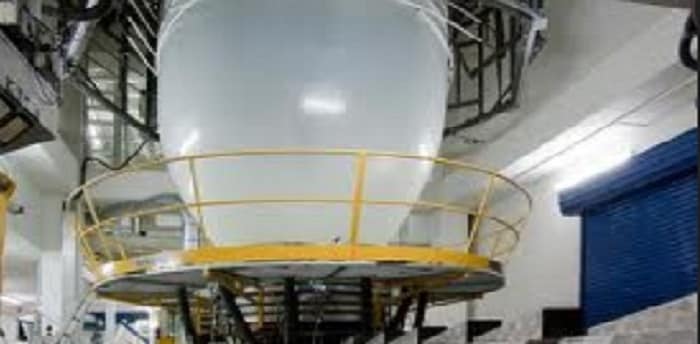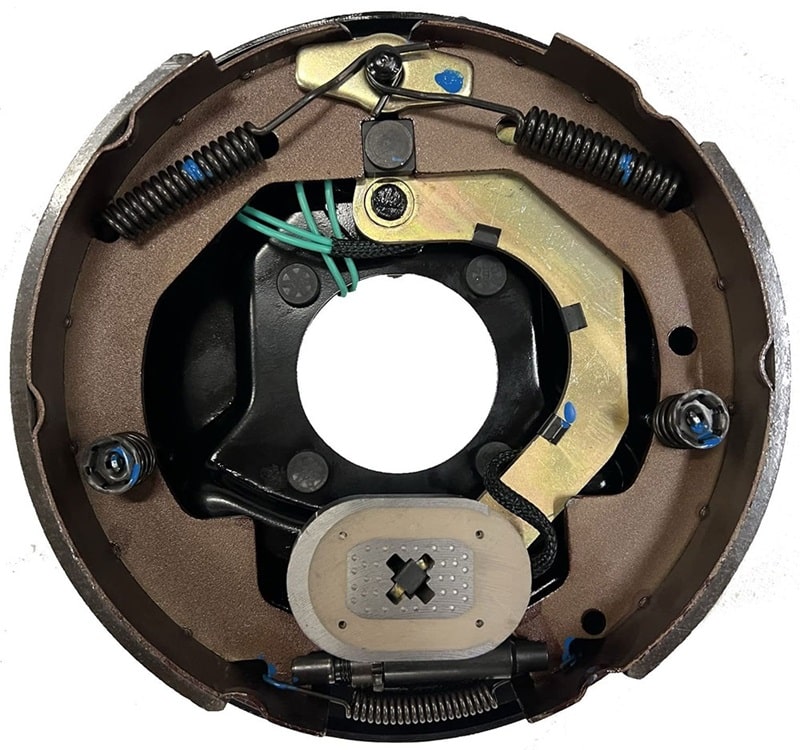Petrochemicals textile – Electric brakes, devoid of a hydraulic system, herald a groundbreaking revolution 20-11-2023
Petrochemicals textile

- Polymers : PET – r-PET – Filament grade semidull chips -Filament grade bright chips – Ny6 – Ny66 – PP
- Feedstocks PX – PTA – MEG – CPL – Adipic Acid – Benzene – ACN – Ethylene – Phenol – Naphtha
- Textile : Polyester POY – DTY – FDY – PSF – Recycled Polyester POY – Nylon POY – DTY – FDY Spandex 20-30-40 -Viscose Staple Fiber VSF Acrylic Staple Fiber
Petrochemicals textile

| Polyestertime | |||
| ITEM | 13/11/2023 | 20/11/2023 | +/- |
| Bottle grade PET chips domestic market | 6,900 yuan/ton | 7,000 yuan/ton | +100 |
| Bottle grade PET chips export market | 880 $/ton | 890 $/ton | +10 |
| Filament grade Semidull chips domestic market | 6,710 yuan/ton | 6,825 yuan/ton | +115 |
| Filament grade Bright chips domestic market | 6,750 yuan/ton | 6,875 yuan/ton | +125 |
| Pure Terephthalic Acid PTA domestic market | 5,825 yuan/ton | 6,080 yuan/ton | +255 |
| Pure Terephthalic Acid PTA export market | 740 $/ton | 750 $/ton | +10 |
| Monoethyleneglycol MEG domestic market | 4,100 yuan/ton | 4,185 yuan/ton | +85 |
| Monoethyleneglycol MEG export market | 478 $/ton | 488 $/ton | +10 |
| Paraxylene PX FOB Taiwan market
Petrochemicals textile |
998 $/ton | 1,020 $/ton |
+22 |
| Paraxylene PX FOB Korea market | 975 $/ton | 997 $/ton | +22 |
| Paraxylene PX FOB EU market | 1,080 $/ton | 1,050 $/ton | -30 |
| Polyester filament POY 150D/48F domestic market | 7,325 yuan/ton | 7,430 yuan/ton |
+105 |
| Recycled Polyester filament POY domestic market | 7,350 yuan/ton | 7,400 yuan/ton | +50 |
| Polyester filament DTY 150D/48 F domestic market | 8,700 yuan/ton | 8,825yuan/ton | +125 |
| Polyester filament FDY 68D24F
Petrochemicals textile |
8,700 yuan/ton | 8,800 yuan/ton | +10s0 |
| Polyester filament FDY 150D/96F domestic market | 7,950 yuan/ton | 8,100 yuan/ton | +150 |
| Polyester staple fiber 1.4D 38mm domestic market | 7,400 yuan/ton | 7,500 yuan/ton | +100 |
| Caprolactam CPL domestic market | 12,800 yuan/ton | 13,000 yuan/ton |
+200 |
| Caprolactam CPL overseas market | 1,600 $/ton | 1,600 $/ton | – |
| Nylon 6 chips overseas market | 1,830 $/ton | 1,830 $/ton | – |
| Nylon 6 chips conventional spinning domestic market | 13,850 yuan/ton | 14,000 yuan/ton | +150 |
| Nylon 6 chips high speed spinning domestic market
Petrochemicals textile |
14,050 yuan/ton | 14,250 yuan/ton | +200 |
| Nylon 6.6 chips domestic market | 20,000 yuan/ton | 20,000 yuan/ton | – |
| Nylon6 Filament POY 86D/24F domestic market | 16,150 yuan/ton | 16,350 yuan/ton | +200 |
| Nylon6 Filament DTY 70D/24F domestic market | 18,300 yuan/ton | 18,500 yuan/ton- | +200 |
| Nylon6 Filament FDY 70D/24F | 17,000 yuan/ton | 17,000 yuan/ton | – |
| Spandex 20D domestic market
Petrochemicals textile |
36,200 yuan/ton | 36,100 yuan/ton | -100 |
| Spandex 30D domestic market | 34,700 yuan/ton | 34,600 yuan/ton | -100 |
| Spandex 40D domestic market | 31,700 yuan/ton | 31,600 yuan/ton | -100 |
| Adipic Acid domestic market | 8,900 yuan/ton | 8,850 yuan/ton | -50 |
| Benzene domestic market
Petrochemicals textile |
7,730 yuan/ton | 7,800 yuan/ton | +70 |
| Benzene overseas market | 869 $/ton | 893 $/ton | +24 |
| Ethylene South East market | 940 $/ton | 940 $/ton | – |
| Ethylene NWE market | 836 $/ton | 779 $/ton | -57 |
| Acrylonitrile ACN domestic market
Petrochemicals textile |
10,200 yuan/ton | 10,300 yuan/ton | +100 |
| Acrylonitrile ACN overseas market | 1,200 $/ton | 1,200 $/ton | – |
| Acrylic staple fiber ASF domestic market | 14,600 yuan/ton | 14,600 yuan/ton | – |
| Viscose Staple Fiber VSF domestic market | 13,150 yuan/ton | 13,100 yuan/ton | -50 |
| PP Powder domestic market
Petrochemicals textile |
7,250 yuan/ton | 7,350 yuan/ton | +100 |
| Naphtha overseas market | 630 $/ton | 626 $/ton | -4 |
| Phenol domestic market | 7,857 yuan/ton | 8,192 yuan/ton | +335 |
r-PET high end eco-friendly chips =7,900 yuan/ton — 7,900 yuan/ton –
- Petrochemicals PSF – General Motors plans to eliminate rare earths from electric cars 13-11-2023
- New enzyme technology for environmentally friendly plastic recycling
Petrochemicals textile
Electric brakes, devoid of a hydraulic system, herald a groundbreaking revolution
ZF has unveiled a novel electromechanical braking system, marking a departure from traditional hydraulic setups. Engineered in ZF’s research hubs in China, the USA, and Germany, this purely electric braking system forgoes hydraulic fluid, relying on electric motors to generate braking force on each wheel.
Dr. Holger Klein, CEO of ZF Group, emphasizes the significance of this electrically controlled braking system in expanding their portfolio of interconnected chassis systems. Klein underscores its pivotal role in ushering in a new era of vehicle control, particularly in software-defined and electric vehicles.
The absence of a hydraulic system, termed “dry brake-by-wire,” eliminates the need for brake fluid.
In this system, braking pressure is generated not by fluid pressure in a hydraulic system but by electric motors, with brake signals transmitted electrically.
This innovative brake-by-wire system, exemplified by Integrated Brake Control (IBC), offers advantages such as reduced braking distances, enhanced braking energy recovery, and lower maintenance costs compared to traditional systems.
In emergency braking scenarios at 100 km/h, the braking distance can be up to 9 meters shorter than that of traditional systems.
Electric vehicles, specifically, stand to gain up to 17% more range through improved braking energy recovery.
The “dry” nature of this brake-by-wire system minimizes residual friction torques, resulting in virtually zero particulate emissions from brake abrasion.
This lower resistance not only saves energy during driving but also contributes to increased range in electric vehicles.
Beyond the performance benefits, forgoing the hydraulic system significantly reduces assembly and logistics costs in vehicle production.
Users also benefit from lower maintenance requirements, as there’s no need to change brake fluid over the vehicle’s lifespan.
Despite the absence of mechanical connections between the pedal and brake actuators, the braking sensation remains akin to a hydraulic brake.
Ensuring the security of data transmission and processing, as well as a stable energy supply to electric motors, is achieved through redundancy in all connections and systems, mirroring the reliability seen in aviation by-wire systems.
With over 50 years of experience, ZF, a leading global supplier, provides vehicle manufacturers with flexibility in choosing their braking systems—from purely hydraulic to purely electric or a hybrid combination.
ZF’s comprehensive range spans all components, from wheel brakes to parking brakes, covering hardware and software.
Moreover, ZF’s portfolio extends beyond braking systems to include purely electronic systems for steering, shock absorbers, and brakes, facilitating the creation of interconnected chassis systems.
This approach promises improved driving dynamics, greater vehicle control, shorter braking distances, enhanced steering flexibility, increased stability at high speeds, and improved autonomy and efficiency in software-defined vehicles.

